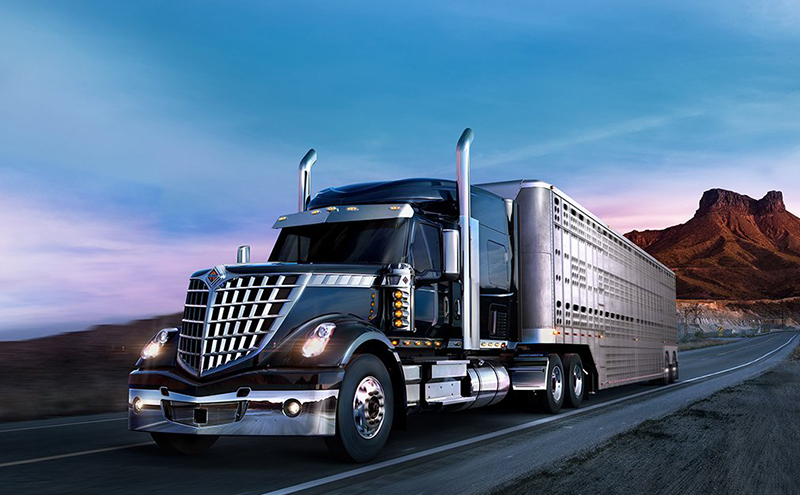
In the quest to reduce carbon emissions across the planet, the trucking industry has been hard-pressed to find solutions. Trucking remains one profession that heavily relies on diesel due to traditional engine configurations, but things are changing rapidly.
In addition to electric engines, some trucks can now run various diesel mixtures, including biodiesels and low-carbon renewable diesel fuel. The promise of these relatively new alternatives to traditional diesel fuel is reduced emissions coupled with, in some cases, increased efficiency.
What the Research Demonstrates
According to research from the Diesel Technology Forum, a think tank dedicated to finding sustainable ways to continue the use of diesel and expand its power in cleaner ways, biodiesel fuel and low-carbon renewable diesel fuel has shown significant reductions in carbon emissions. This is based on research conducted in 10 Northeastern states in America.
In addition, the California Air Resources Board (CARB) has stated that its data indicates a reduction of at least 15 million metric tons of carbon dioxide from the environment through biodiesel and renewable diesel fuels. CARB’s assertion is based on research conducted in 2020, so reduction values may be even greater now.
No Simple Solution
What has been noted in the quest to replace traditional diesel with alternative diesel fuel products is that there is no solution that meets every state’s needs or facet of the trucking industry. Currently, each state has devised or is creating its own standards for greenhouse gas emissions.
What works in one state, however, may not work in another. Additionally, the trucking industry is made up of many complex moving parts. Attempting to mandate a major shift to a new type of fuel would be difficult, to say the least, and it would also require proper planning along with incentives.
The Future of Biodiesel and Emissions Reduction Strategies
While industry experts are investigating biodiesel and low-carbon renewable fuels in trucking, many in the trucking sector are focused on improving efficiency for current-generation engines. Since 2007, advancements in efficiency have saved over 20 billion gallons of diesel fuel.
As it appears that diesel engines will continue to be in use through at least 2030, many believe that it’s worth the time and effort to focus on improving existing technology rather than chasing after technologies that have yet to show that they can compete in the long term.

